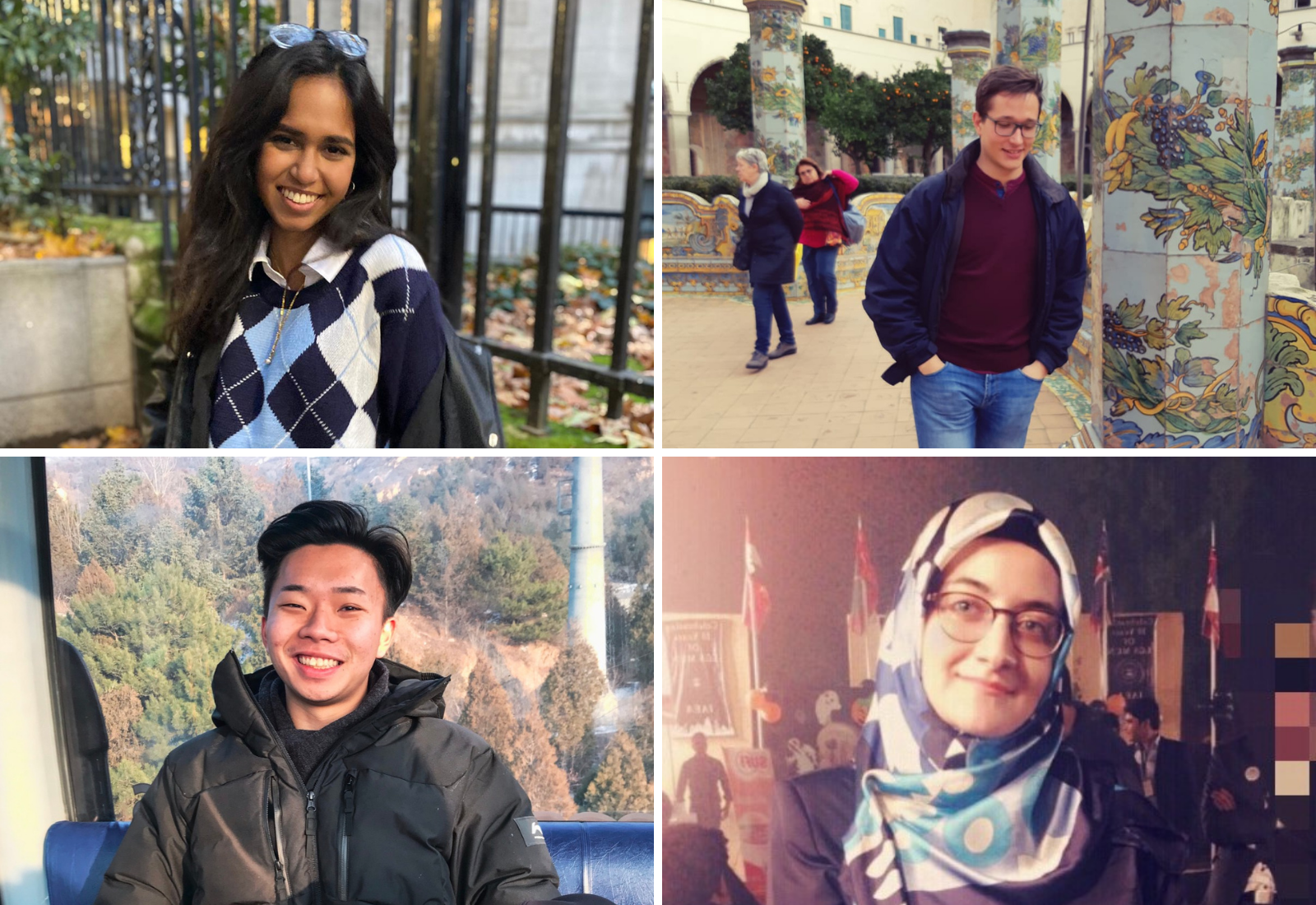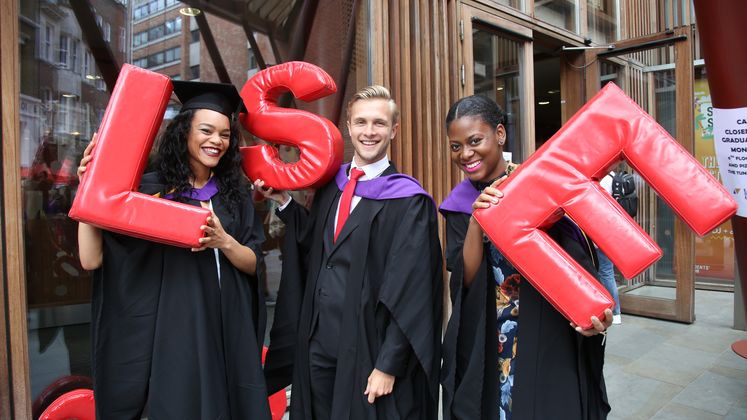“What are you doing once your Master’s is finished?” – the single worst question you can ask any student, but one with fascinating answers. I decided to approach this question in a productive way to show that there is no ‘right’ way to complete your Master’s, nor is there a set path. Despite studying similar courses, everyone’s experiences of their postgraduate degrees are completely different which shapes what they do after they finish their degrees. I hope this blog gives future students an idea about where your International History degree might take you.
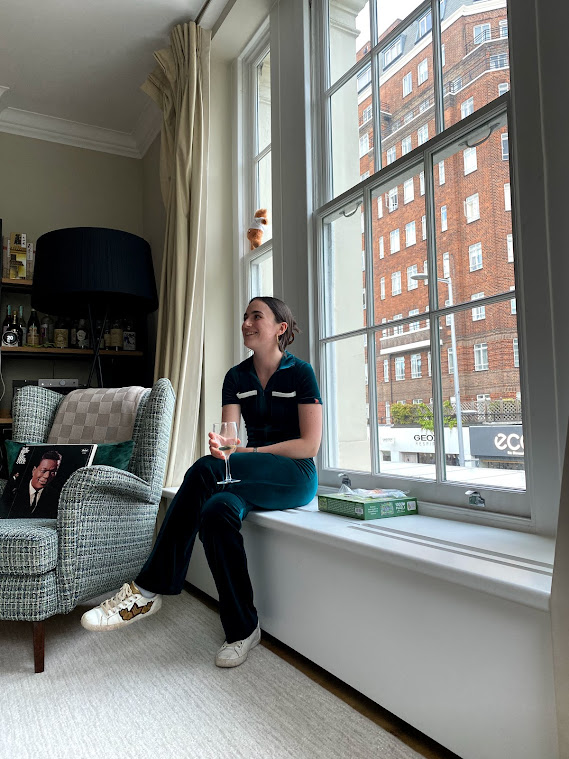
Blanca
What are your plans after you finish your Master’s in the International History department?
I really want to take a gap year and reflect a bit on what I want to do next. The wide range of papers I have taken whilst at LSE (history, IR, law…) have pushed my previous boundaries and made me think a lot more broadly about my future profession. Hopefully, travelling will help me figure it out a bit! Also, having gone straight from school into university I am really looking forward to having some time ‘off’ and doing less academic activities (take up painting, cooking… who knows!).
Has this year prepared you for the future?
Definitely. Having all lessons and assessments online has increased my adaptability and made me a lot more used to change, skills I think will come handy in the future. In terms of LSE teaching, I think it has been amazing. I really think the seminar discussions and group projects have been great training for any future job where teamwork and confidence in yourself is involved (so any job).
What motivated you to study a Master’s degree, and have you accomplished what you set out to achieve?
I felt my undergraduate was too short (3 years) and wanted to carry on studying. This year has involved a lot of hard work, I now feel ready to leave education/ academia and enter the working environment.
Do you have any advice for future students?
Take papers from other departments (but think about it carefully first as it can be hard work)! I think the opportunity LSE gives to do this is very hard to find at other unis, I recommend taking advantage of it. It has been so interesting to interact with such a variety of students and learn about different disciplines.
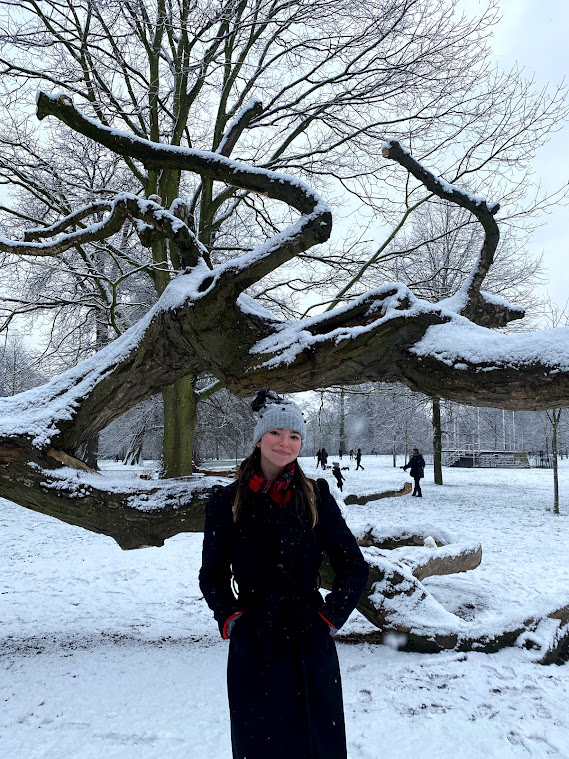
Kit
What are your plans after you finish your Master’s in the International History department?
I am working as a graduate policy analyst based in Tunbridge Wells.
Has this year prepared you for the future?
Although my career path is not in academia or history, I still gained skills such as analytical and critical thinking, strong writing abilities, and presenting information to a range of audiences. Furthermore, my time at LSE provided me with excellent networking opportunities which I would not have had access to if I had not pursued a postgraduate degree. These have all helped prepare me for the future on a professional and personal level.
What motivated you to study a Master’s degree, and have you accomplished what you set out to achieve?
I wanted to expand my academic knowledge in historical fields that interested me. I considered pursuing a PhD, however, I am keen to explore the real world first! I got what I came for – a year of interesting and engaging study, a new set of friends and contacts, and some skills that are applicable to the world outside academia.
Do you have any advice for future students?
Say yes to everything – an opportunity to do a practice essay, the chance to attend an extra-curricular lecture, a pre-seminar coffee date with other students, assist a professor on an additional project, publish your dissertation. Whatever it is, this is the year to get out of your comfort zone. On a personal and professional level, your year of study is what you make of it, and you get out what you put in!
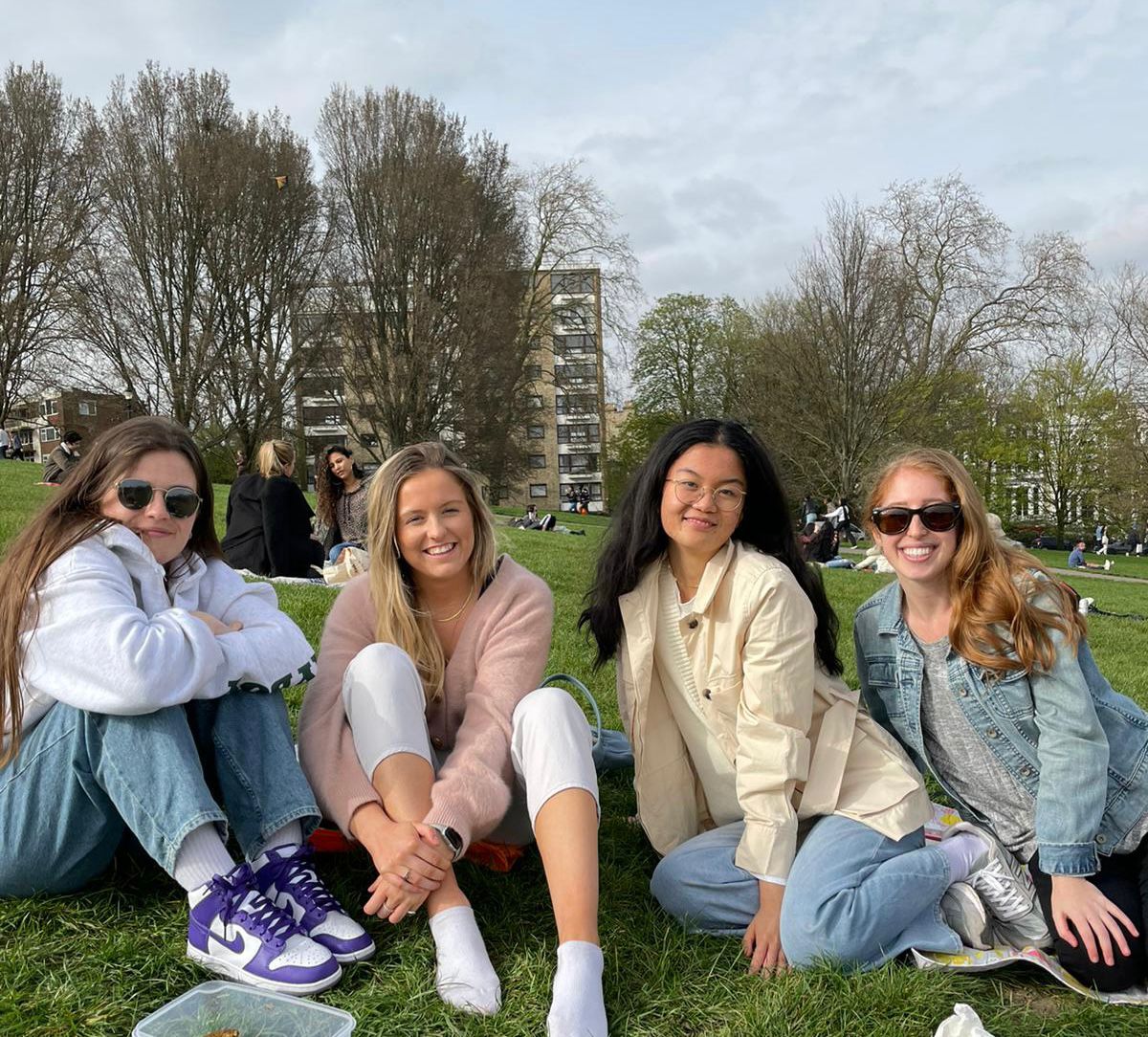
Abby
What are your plans after you finish your Master’s in the International History department?
I will be teaching high school world history at a school in the US.
Has this year prepared you for the future?
I am leaving this Master’s better equipped with more content knowledge that I can use to help craft a secondary-level curriculum that avoids Eurocentric narratives.
What motivated you to study a Master’s degree, and have you accomplished what you set out to achieve?
I chose to do a Master’s at LSE because the student body comes from all over the world, and I wanted to be in seminars with people whose views were informed by a wide array of life experiences. I am pleased to report that my seminars did fulfil this hope.
Also, I specifically chose the Empires, Colonialism, and Globalisation MSc because I wanted to become more knowledgeable about some of the historiographical debates in non-European histories. This MSc program definitely helped me accomplish this goal.
Do you have any advice for future students?
The Master’s degree that I did is a 12-month degree, and the year really flew by. I advise future 12-month Master’s students to take full advantage of all that LSE has to offer as soon as they arrive. Say yes to all the opportunities that LSE offers you. Meet with your personal tutor, chat with your professors during office hours, and gather a group of friends/classmates to explore London.
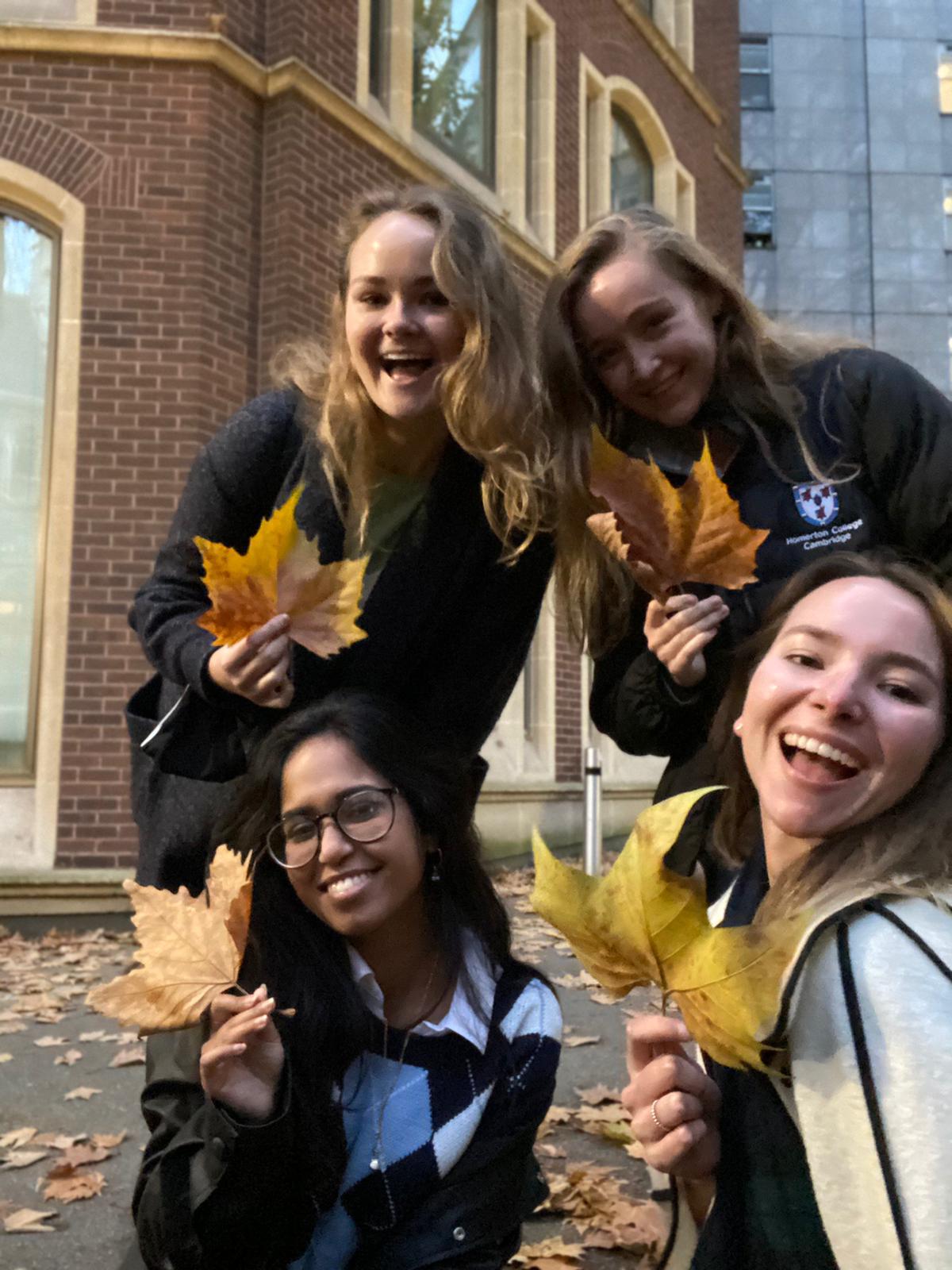
Emily
What are your plans after you finish your Master’s in the International History department?
I’m starting a law conversion with BPP Cambridge in September and then will hopefully go on to qualify as a solicitor.
Has this year prepared you for the future?
The last year has definitely helped improve my time management skills after dealing with many different assignments at the same time. The difficulties posed by COVID and online learning has also definitely built up my resilience and helped me learn to work under difficult circumstances.
What motivated you to study a Master’s degree, and have you accomplished what you set out to achieve?
I became interested in international history and particularly empires as an undergrad but didn’t really have the opportunity to explore my interests in more depth. Studying at LSE has given me the opportunity to really explore my own interests and has given me a much more well-rounded perspective on global history.
Do you have any advice for future students?
Really make the most of the people around you. The professors are all really knowledgeable and do really want to help you so don’t be shy about reaching out to them. The year goes super quickly so really try and make the most of the opportunities you’re given both inside and outside the classroom.
This blog is part of a series, so if you’re curious to hear what other International History Master’s students are doing, check out Part II!


